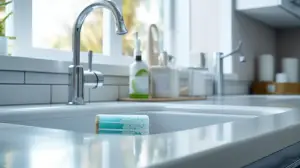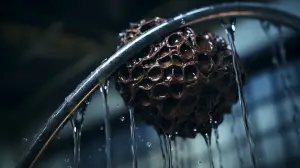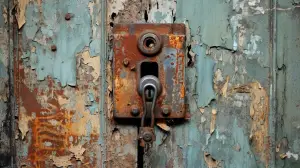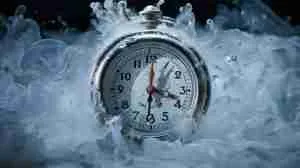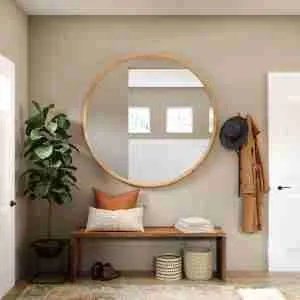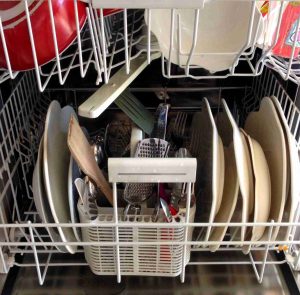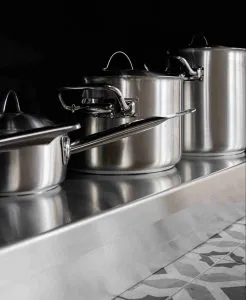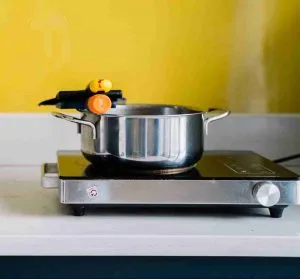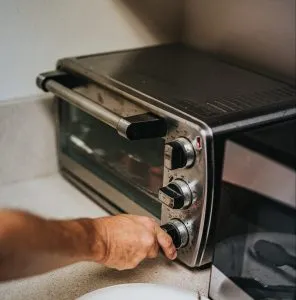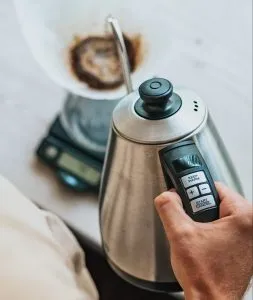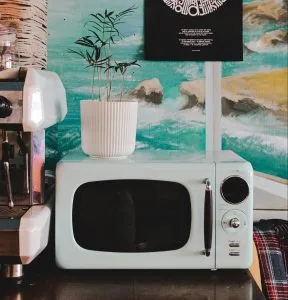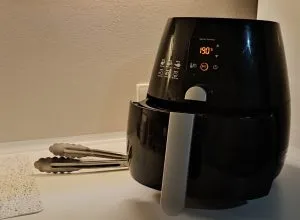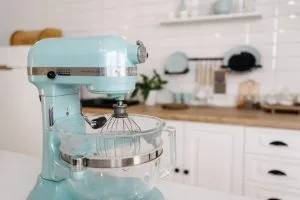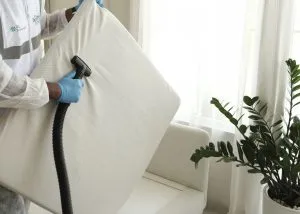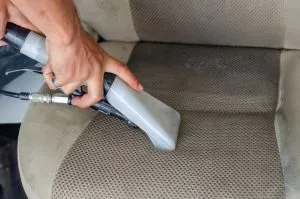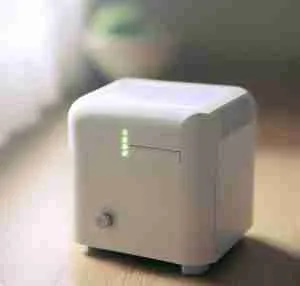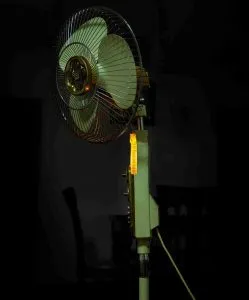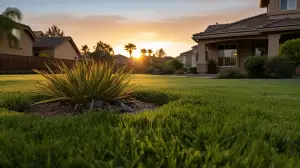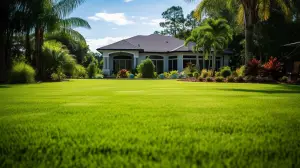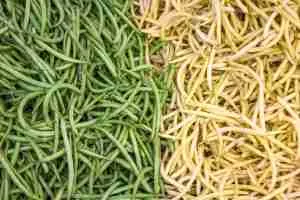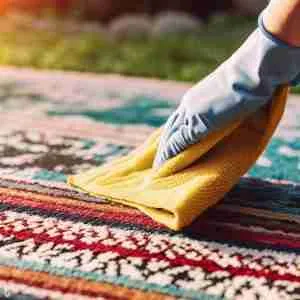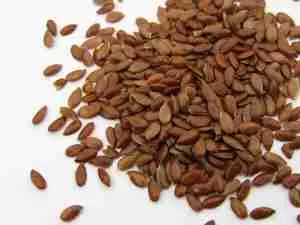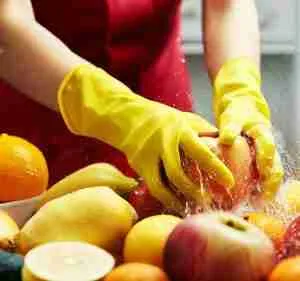Looking for a safe, affordable way to keep your floors squeaky clean? Many of us often wonder: can we use dish soaps or detergent for this purpose? In this blog post, we’ll delve into the pros and cons of using dish soap as a mopping agent.
Keep scrolling if shiny, dirt-free floors are what you desire!
Contents
ToggleKey Takeaways
- Dish soap isn’t safe for cleaning wood floors or laminate floors as it can cause damage.
- However, a tablespoon of dish soap or even mild dish soap can be safely used to mop tile, stone, and vinyl floors due to its mild scrubbing power.
- Employing dish soap for mopping is cost-effective compared to specialized floor cleaners, and it effectively removes dirt and grime.
- When using dish soap to mop, it’s important to dilute the dish soap solution with water and use a microfiber mop or dry mop for best results.
Floors to Avoid with Dish Soap

Wood floors and laminate floors are two types of flooring that should not be cleaned with dish soap due to the potential for damage.
Wood Floors
Dawn dish soap, or any dish soap, is not safe for wood floors. It can harm them. Water too can damage timber floors. So, it’s best to use special cleaners that are made just for wood floors. Before cleaning, dust or sweep the floor well.
This helps keep your wood floor in good shape and looking great!
Laminate Floors
Laminate floors are unique. They need care when cleaning. You should not use dish soap or commercial cleaners on these floors. Soap and water can harm them.
It is key to keep laminate flooring looking good. Too much dish soap can take away its shine. If you do not have a laminate floor cleaner, you may use unscented clear dish soap in water but be careful! Only one teaspoon per gallon of water will work right.
Steel wool and scouring pads are bad for your laminate floors too. Avoid hurting your floor by using the wrong tools while cleaning it! After understanding the dos and don’ts of mopping, let’s explore why dish soap could be a good option for other types of floors in our next segment.
Advantages of Dish Soap Floor Mopping
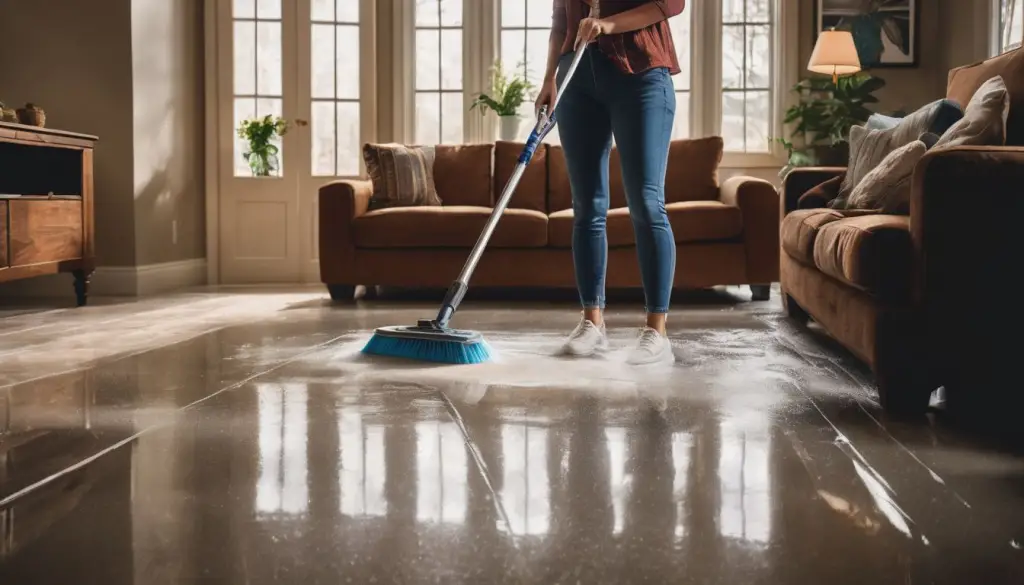
Using dish soap for mopping has several benefits, including its safety for most flooring types, cost-effectiveness, and effectiveness at removing dirt and grime.
Safe for most flooring types
Dish soap is a versatile choice for cleaning most types of floors. It does a good job with tile, stone, and vinyl. These materials hold up well to the mild scrubbing power of dish soap.
For more on cleaning different types of floors, especially those with stubborn stains, here’s a guide on how to remove black urine stains.
A homemade cleaner can have just five things in it and still be fine for many floors. But be careful, don’t use dish soap on wood or laminate surfaces! It can leave a sticky mess that’s hard to clean up later on and could hurt your floor.
Cost-effective
Mopping the floor with a squirt of dish soap can be an economical solution. Dish soap is affordable and readily available, making it a budget-friendly choice for cleaning. Unlike specialized floor cleaners that can be expensive, using dish soap is an efficient way to save money while still effectively removing dirt and grime from your floors.
Additionally, you can even make your own homemade floor cleaner by diluting dish soap with water, creating a pH-balanced solution that is safe for most flooring types. By utilizing dish soap for mopping, you can achieve clean and shiny floors without breaking the bank.
Effective at removing dirt and grime
One of the advantages of dish soap is its prowess in tackling dirt and stains. When you mix dish soap with water, it creates a soapy solution that breaks up the dirt particles on your floors.
The soap molecules surround the dirt and grease, making them easier to wipe away. This helps to leave your floors looking clean and shiny. Whether you have tile, vinyl, or laminate floors, using soap can help you achieve a thorough cleaning by getting rid of stubborn dirt and grime.
By using that soap to mop your floors, you can save time and effort since it is known for its cleaning power. It cuts through grease and lifts away grime effectively without leaving any residue behind.
This makes it an ideal choice for tackling dirty footprints or spills on your floors. Plus, dish soap is readily available in most households, which means you don’t have to spend extra money on specialized floor cleaners.
In conclusion,
Dish Soap Mopping Tips for Tile & Hardwood
To effectively mop with dish soap, use a microfiber mop or dry mop to avoid leaving streaks or residue on the floors.
Use a microfiber mop or dry mop
For the best results with dish soap, consider using a microfiber or dry mop. These types of mops are gentle on the flooring and help prevent scratching. They also effectively pick up dirt and grime without leaving streaks behind.
When using a microfiber mop or dry mop, make sure to follow the manufacturer’s instructions for proper use and care. By using these tools, you can effectively clean your floors without causing any damage or leaving residue behind.
Dilute dish soap with water
Always remember to mix dish soap with water to achieve the right consistency for mopping. This helps to create a milder cleaning solution that can be safely used on various types of flooring.
For laminate floors, a common method is to mix warm water with a few drops of dilute dish soap. When dealing with hardwood floors, you can also use this mixture but make sure not to saturate the surface.
The specific ratio might be two cups of water to two tablespoons of dish soap mixed or even 10 parts water to one part soap, depending on the cleaning task at hand. By diluting dish soap with water, you create an effective cleaning solution that can help remove dirt and grime from your floors without causing any damage or leaving behind residue.
Avoid using it on delicate surfaces
Be cautious with dish soap on sensitive surfaces to prevent potential damage. Delicate surfaces include materials that can easily be damaged or scratched, such as natural stone, marble, and certain types of tile.
The chemicals in dish soap may be too harsh for these surfaces and could cause discoloration or other forms of damage. It’s always best to check the manufacturer’s recommendations for cleaning products before using anything on delicate surfaces to prevent any potential harm.
Stick to gentle cleaning solutions specifically designed for these types of surfaces to ensure their longevity and appearance remain intact.
Conclusion
In conclusion, while you can use dawn or any other dish soap to mop certain types of floors like tile floors, linoleum, and vinyl, it is not recommended for wood and laminate floors. Using specialized cleaners or alternative methods like vinegar mixed with dish soap are better options for safely cleaning these surfaces.
So make sure to choose the right product for your floors to keep them looking clean and shiny!
And if you ever find yourself with shaving cream on your bathroom floor, here’s a quick fix.
FAQs
1. Can I use dish soap to clean my floors?
Yes, you can use dish soap to clean various types of floors like wood floors, laminate, tile, vinyl, and ceramic tile. Simply mix a few drops of dish soap with warm water in a spray bottle or bucket and use it to mop your floor.
2. How much dish soap should I use for floor cleaning?
The recommended amount of dish soap for floor cleaning is usually around a tablespoon or two tablespoons per gallon of water. Adjust the amount based on the size of your cleaning solution but always remember that a little goes a long way.
3. Can dish soap be used to remove tough stains?
Dish soap can be effective in removing certain stains. Apply a small amount of undiluted dish soap directly on the stain, let it sit for a few minutes, then scrub gently with a mop or a cleaning cloth. Rinse with water afterwards.
4. Is dish soap safe for all types of floors?
Dish soap is safe for most types of floors, including hardwood, tile, laminate, and vinyl. However, it’s recommended to test a small, inconspicuous area first to ensure it doesn’t cause any damage or leave any residue.
5. Can I use dish soap to clean other parts of my home?
Yes, dish soap has many uses beyond just dishwashing. You can use it to clean various surfaces in your home, such as countertops, appliances, bathroom fixtures, and even as a spot cleaner for fabric and upholstery. It’s a versatile and effective cleaning solution.




